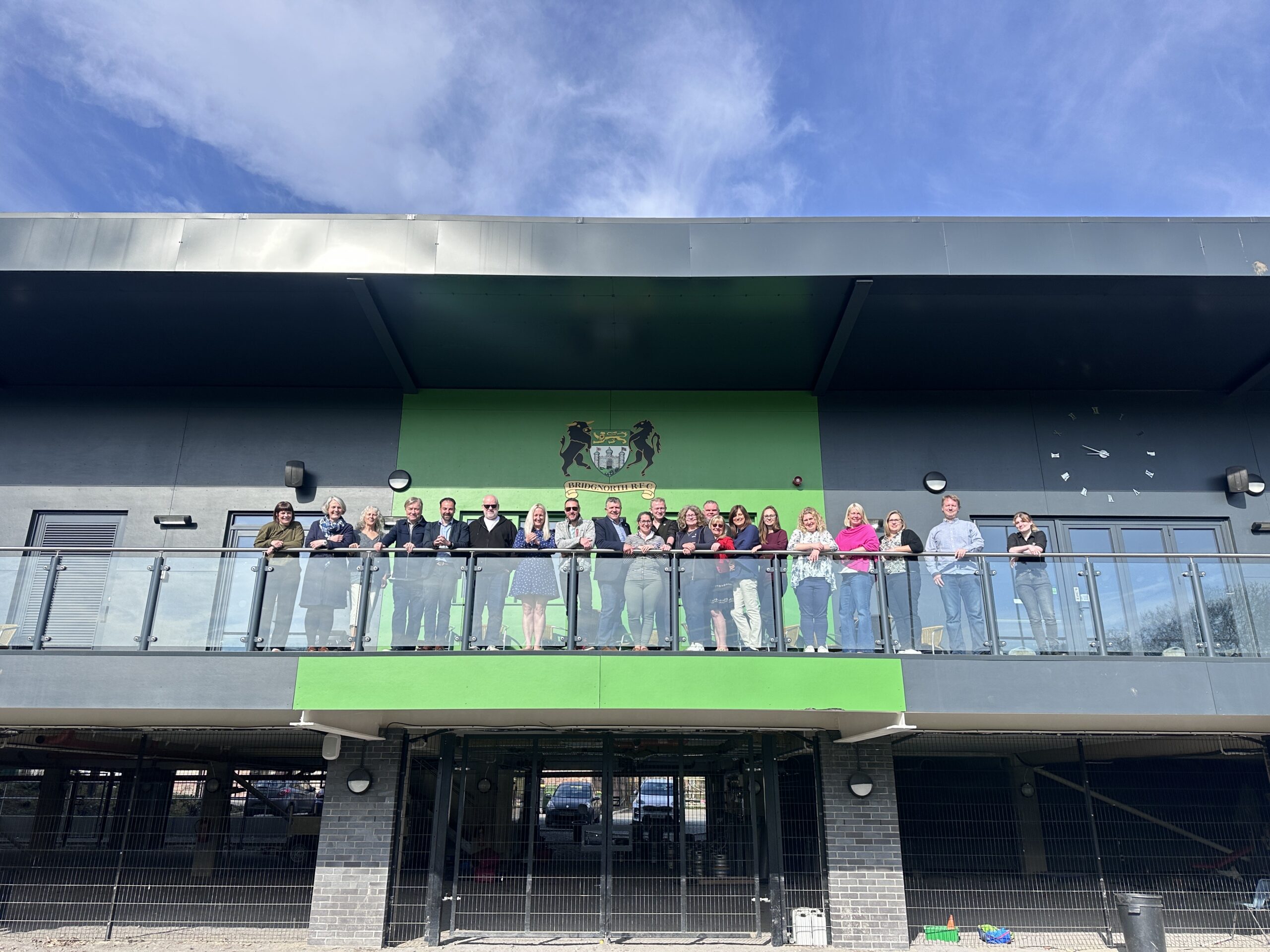Spaying has many health benefits for your female dog; as well as preventing unwanted litters it can also protect them from developing serious health issues in the future, like infection of the womb or certain types of cancer. However, we recognise that while this is a ‘routine’ operation for us vets, it can be a very worrying time for pet owners. Happily, there are advances in surgical technique that can help set your mind at rest about your pet’s procedure and recovery.
The new kid on the block – keyhole spaying
Keyhole spays are performed via three very small holes in the abdomen. This allows a laparoscopy (a very small magnifying camera) to view the organs on a TV screen and provides access for fine instruments. The average surgery lasts 20 to 40 minutes resulting in shorter anaesthetic times. Post-operative pain and recovery times are also reduced due to smaller incisions., with a faster recovery and return to normal exercise levels often possible.
The older (but still effective) method – traditional spaying
These are performed via a mid-line incision, large enough that the surgeon has a full view of the womb and ovaries. During the procedure both the womb and ovaries are removed. Average surgery lasts 30 to 90 minutes, involves a larger incision and the internal tissues experience a greater amount of stretching and pulling during the procedure. This can lead to greater post-operative pain levels and a longer recovery period.
Why is keyhole surgery not used more for pets?
Keyhole surgery requires significant investment in terms of specialised equipment and staff training. For this reason, it is not possible to offer this service in many veterinary practices. We do however offer it at Severn Edge Vets.
The technique is not just limited to spaying female dogs – it can also be used to castrate male dogs in some cases. It can also be used to perform other minimally invasive soft tissue surgeries, with the same benefits of reduced pain and faster recovery times.
Dr Rob Hamilton BSc BVetMed GPCert (Endo) MRCVS
Severn Edge Vets





